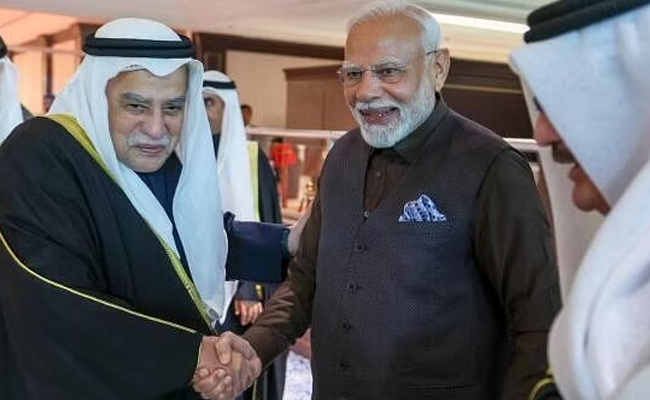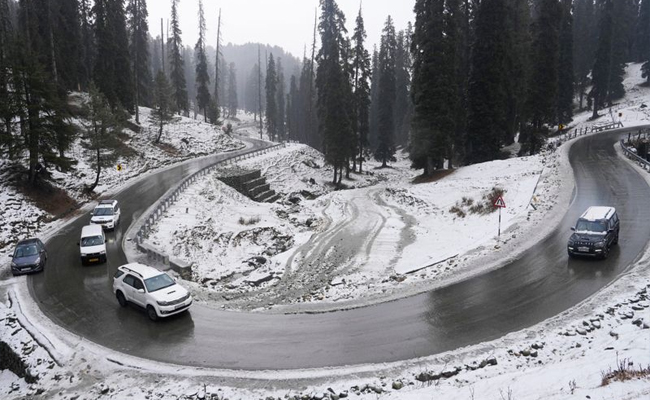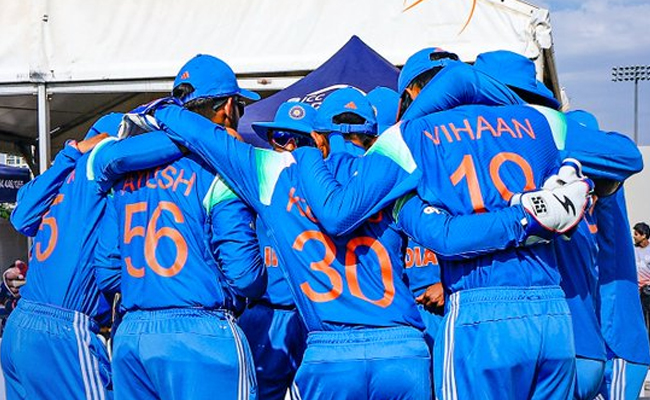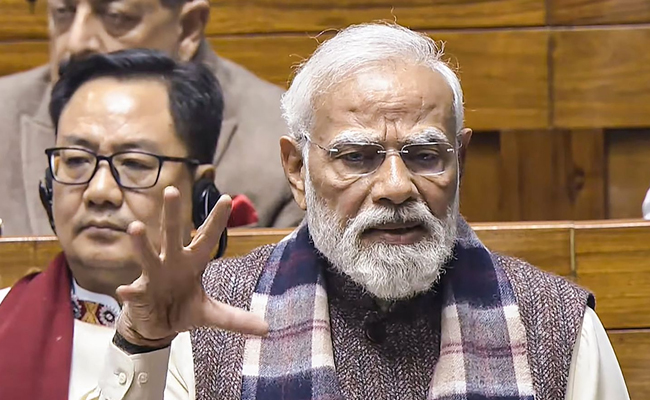Kuwait City (PTI): Prime Minister Narendra Modi on Saturday attended the opening ceremony of the 26th Arabian Gulf Cup as the chief guest at the Jaber Al-Ahmad International Stadium here, on his two-day visit to the Gulf nation, the first for any Indian prime minister in 43 years.
Modi is visiting Kuwait at the invitation of Kuwaiti Emir Sheikh Meshal Al-Ahmad Al-Jaber Al-Sabah.
The prime minister joined the Emir, the Crown Prince, and the Prime Minister of Kuwait in witnessing the grand opening ceremony.
The event also provided an opportunity for an informal interaction of the prime minister with the leadership of Kuwait, the Ministry of External Affairs said in a press release.
Kuwait was scheduled to play Oman in the opening game of the eight-team tournament.
Kuwait is hosting the biennial Arabian Gulf Cup with participation from eight countries, including GCC nations, Iraq, and Yemen.
The tournament is one of the most prominent sporting events in the region. Kuwait has won the tournament maximum times among the participating countries.
Earlier, addressing a large gathering of the Indian community at a special event ‘Hala Modi’ at the Sheikh Saad Al-Abdullah Indoor Sports Complex in the city, Modi praised the diaspora's contribution to global growth and said that India has the potential to become the “skill capital of the world”.
“Every year, hundreds of Indians come to Kuwait. You have added an Indian touch to Kuwaiti society. You have filled the canvas of Kuwait with the colors of Indian skills. You have mixed the essence of India's talent, technology, and tradition in Kuwait,” Modi said.
The prime minister expressed happiness about the presence of Indians from diverse corners of the country in the gulf nation and called it a “mini-Hindustan.”
Modi is set to meet the Emir, the Crown Prince, and the Prime Minister of Kuwait on Sunday.
Let the Truth be known. If you read VB and like VB, please be a VB Supporter and Help us deliver the Truth to one and all.
Rajouri/Jammu (PTI): Traffic on the Mughal and Sinthan Top roads, which provide alternate connectivity to Kashmir, was temporarily suspended on Sunday due to light to moderate snowfall in the high-altitude areas of Jammu and Kashmir, officials said.
However, traffic on the 270-kilometre Jammu-Srinagar national highway -- the only all weather road linking Kashmir with the rest of the country -- was plying as usual despite intermittent rains that ended the over one-and-a-half months long dry spell, they said.
ALSO READ: India overpowered by Minhas' big hundred and pacers as Pakistan clinch U19 Asia Cup
The Mughal road, which connects the twin border districts of Poonch and Rajouri with south Kashmir's Shopian, was closed for traffic as a precautionary measure after more than three inches of snow was recorded at Peer Ki Gali on Sunday afternoon.
A group of three tea vendors are left stranded on the road and efforts are on to evacuate them to safety, officials said.
After they were trapped in the snow, the vendors made passionate appeals through video messages urging the authorities to rescue them. The Border Roads Organisation has taken up snow clearance work and is trying to reach the stranded persons, officials said.
The Sinthan Top road, which connects Kishtwar and Doda districts in Jammu with south Kashmir's Anantnag, was also closed after moderate snowfall in the higher reaches.
Both the mountainous roads usually remain closed for several months due to heavy snowfall during winter.





